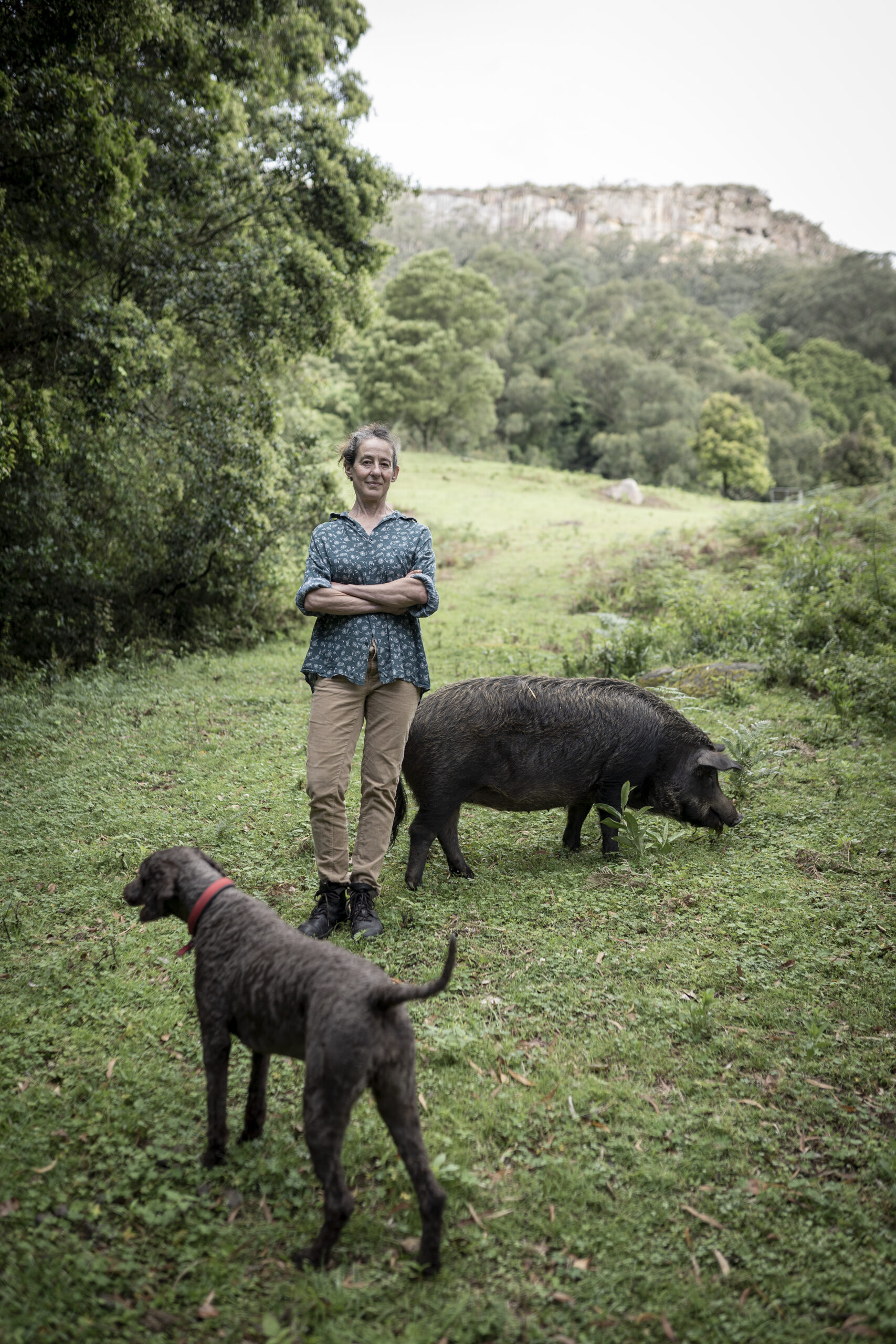The study of human-animal relationships is now an established multi-disciplinary field. In addition, growing political debates over humanity’s troubled relationship with animals spanning the wild-domestic spectrum makes nonhuman animals a matter of pressing environmental, social, and global concern. As our connection with animals is increasingly on the public agenda, it is timely for the field to contribute more directly to the development of an “animal politics” by increasing the use of academic research as a source of and support for policy and practical consideration. To that end, Society & Animals (S&A) is launching a new section of the journal, “Political Animals: Ethics, Policy, and Practice.” Society & Animals is an interdisciplinary and international journal of first choice for those framing their work as anthrozoology, animal studies, human-animal studies, or critical animal studies. It is also of direct interest to those in allied disciplines with a strong interest in human-animal relationships such as anthropology, conservation, cultural studies, development studies, environmental studies, geography, history, literary studies, political science, psychology, philosophy, and sustainability studies. We aim to make this section rigorous, dialogic, and accessible. Articles may focus on case studies, empirical findings, theoretical analysis, or conceptual innovations. Short articles and commentary on already published papers in the literature and responses to current events or enduring world conditions are also welcome. Because of our interdisciplinary readership, we ask authors to write with both clarity and accessibility in mind. Following Aristotle’s assertion that politics and policy are ethics writ large, we are particularly interested in discussion of the ethical and prudential norms that are institutionalized in governance, politics, and culture. With this intersection in mind, we encourage contributors to submit articles that directly address issues of animal ethics and/or politics with policy implications. (Please see the journal’s “Author Guidelines” for more information about submission requirements). In announcing this new section, we want to make clear that we take an open and inclusive approach to diverse theories, methods, and topics. We also welcome a full array of ethical, social, and political perspectives. To make all such contributions concrete and relevant, we do ask that authors give special attention to drawing out the practical implications of their work. In addition, human-animal relationships are complex interactions between people, animals, and nature. These interactions are both social and ecological, individual and collective, and range from local to global scales. We therefore encourage articles and shorter contributions that examine “political animals” from one or more of these points of view. William S. Lynn (Marsh Institute, Clark University) is the managing editor for this section. He is joined in this task by Kristin L. Stewart (Anthrozoology, Canisius College), Francisco J. Santiago-Ávila (Environmental Studies, University of Wisconsin, Madison), and Stephen Vrla (Sociology & Education, Michigan State University) as associate editors, as well as by the journal’s editor-in-chief, Kenneth Shapiro (Animals & Society Institute). Please direct questions about the appropriateness of a paper for the new section to wlynn@clarku.edu.

Second Announcement of Keynote Session for AASA Conference 2025!
Our Opening Keynote Session The AASA 2025 conference marks a huge milestone for our Association. We will open the conference

